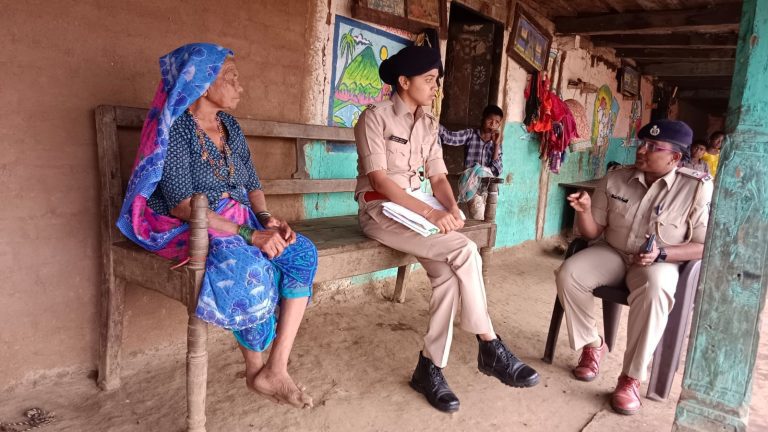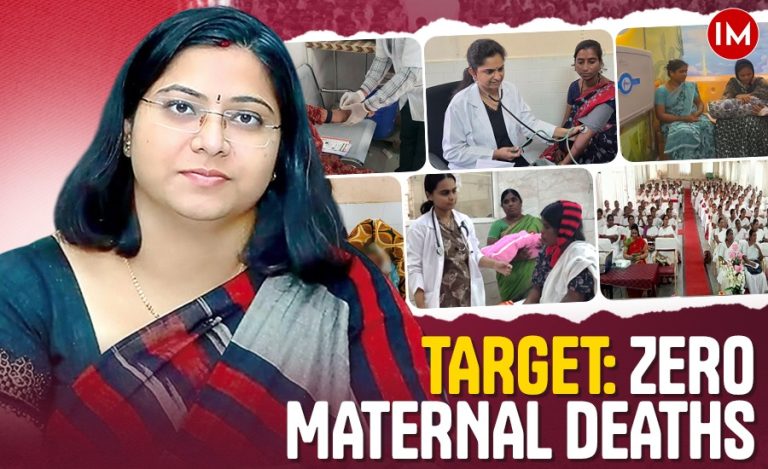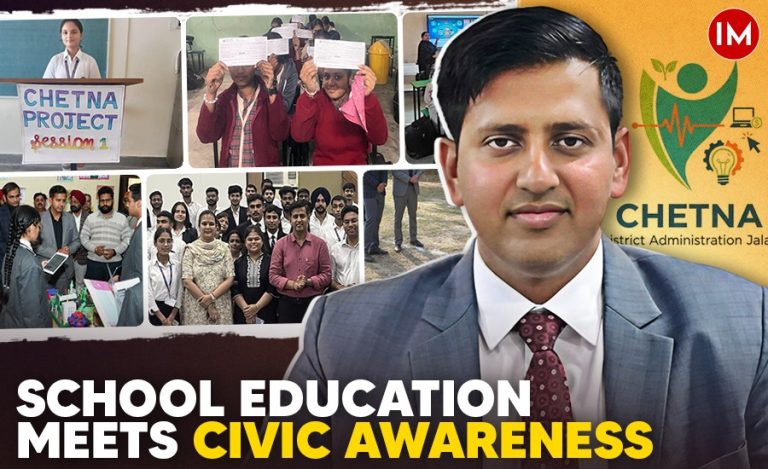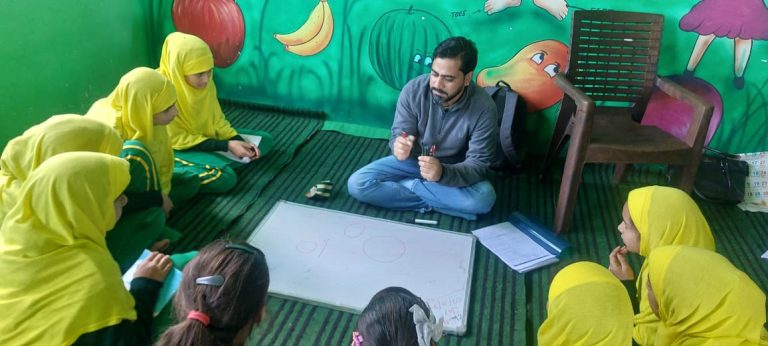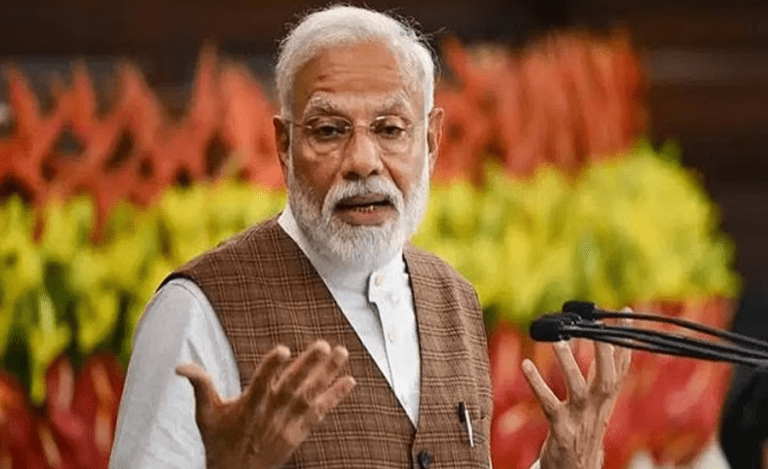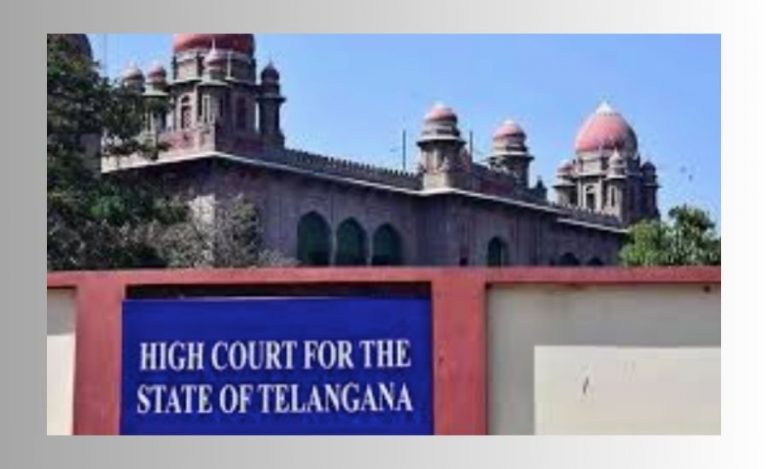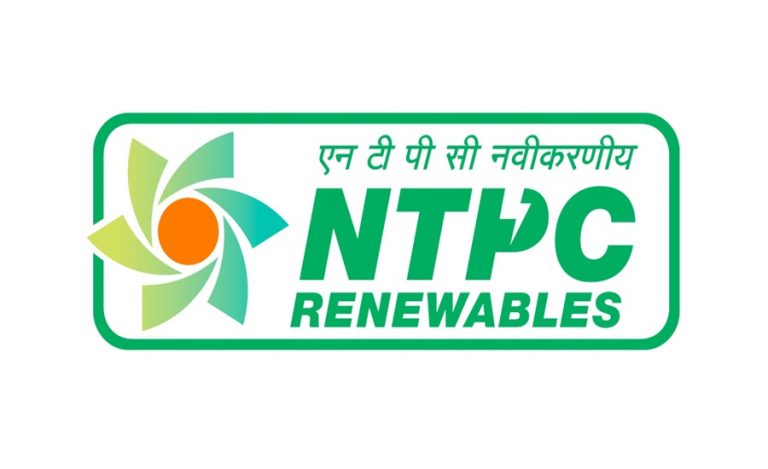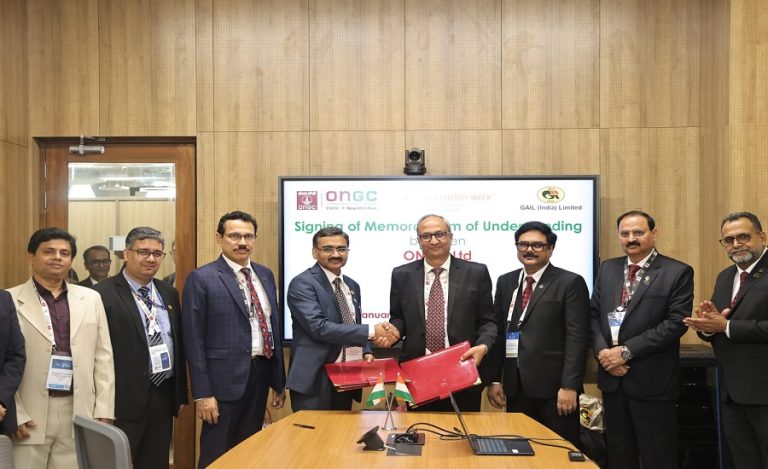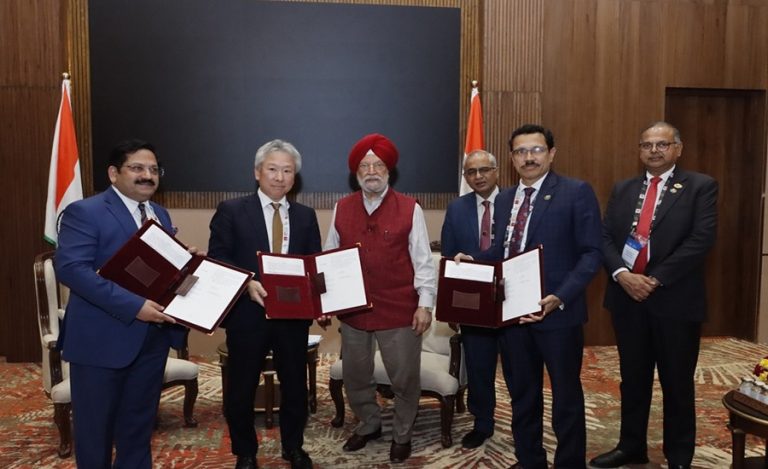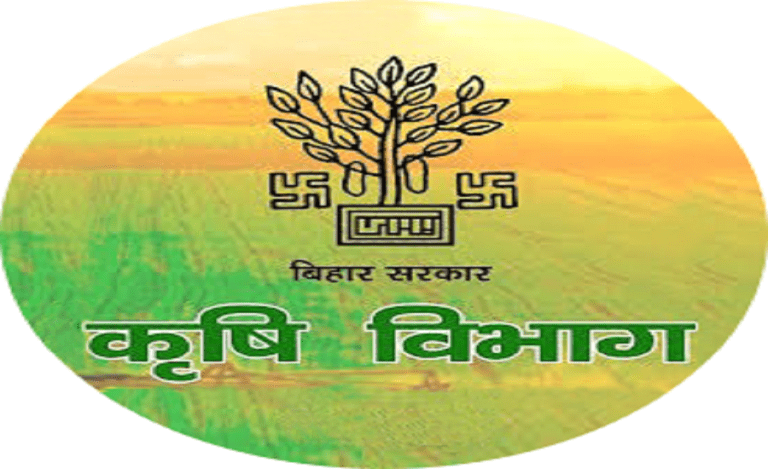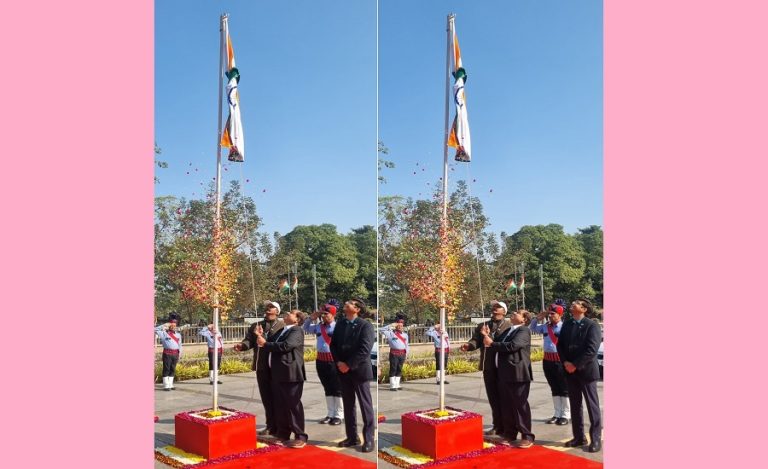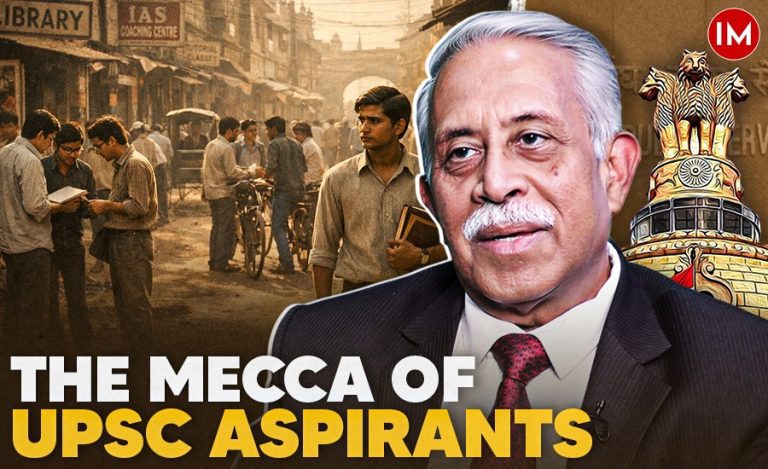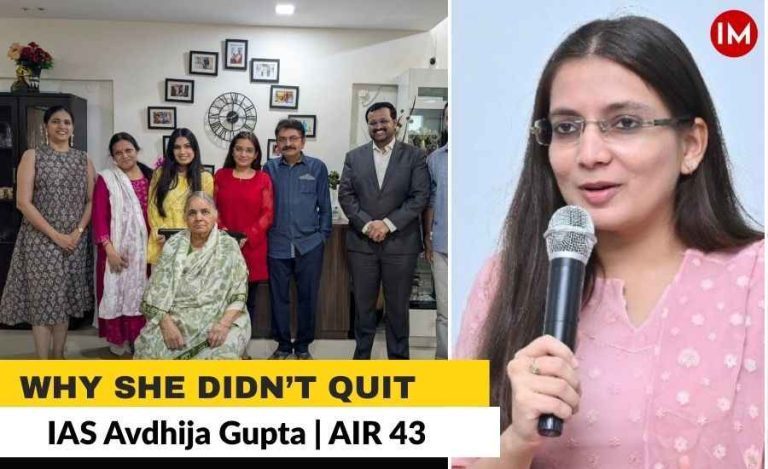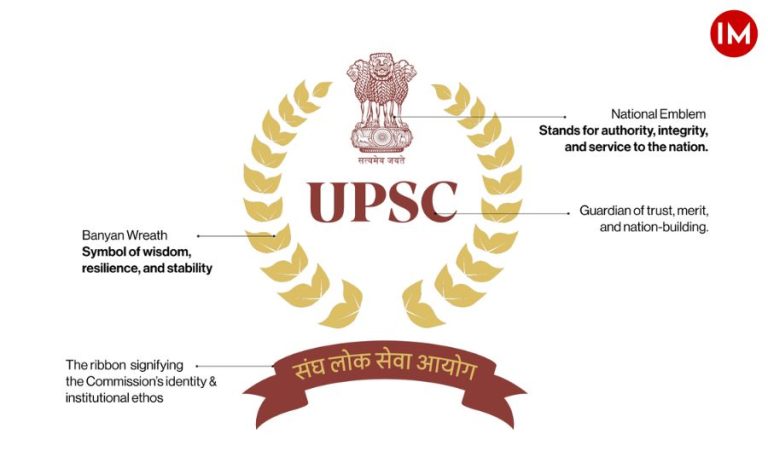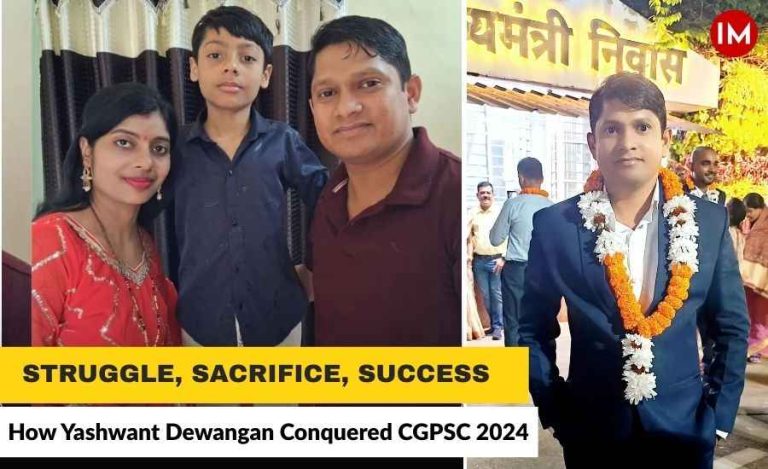Mahatma Gandhi believed that prisons should try to rehabilitate and reform criminals rather than using a punitive approach. Department of Prisons & Correctional Services, Himachal Pradesh, seems to be following Gandhi’s philosophy to perfection.
The department has introduced several schemes in jails, under the “Har Hath Ko Kam” program, to give inmates a moral and spiritual foundation as well as teach them self-sufficient vocational skills.
MAKING THEM SELF-SUFFICIENT
Currently, there are over 3000 people residing in Himachal Pradesh’s prisons who are eager to work. To alleviate the mental situation of the inmates and to soothe their agitated minds several mediation programs are organized from time to time in the prisons. However, these programs always remain dependent on the availability of outside resource persons.
“We thought that why don’t we create our own meditation teachers for a smooth daily exercise? We trained the prison staff members by assembling a team of instructors who will later administer a structured, meditation program” Ms Satwant Atwal Trivedi, ADGP, Vigilance and Anti-Corruption Bureau, shared in an exclusive conversation with Indian Masterminds.
The Maharishi Mahesh Yogi Transcendental Meditation (TM) Foundation has graciously agreed to work with the DPCS on this project on a pro bono basis.

TELEMEDICINE
The department’s top priority is the inmates’ physical health and well-being. To address this issue, Himachal Pradesh’s correctional homes have well-trained doctor pharmacists, medical dispensers, and warders who are specially trained for routine medical concerns and the administration of standard medical tests in well-equipped laboratories. Often, some inmates require specialized treatment. However, specialized doctors might not be available at odd hours or round the clock. Ms Atwal has taken steps to meet such emergency situations.
“We have launched Telemedicine, linked to the Department of Health’s E-Sanjeevni portal, to provide online consultation to convicts. Six state medical colleges and AIIMs Bilaspur are now linked to all Himachal Pradesh correctional homes,” shared the officer. The inmates now have the advantage of timely, safe and uninterrupted access to treatment.
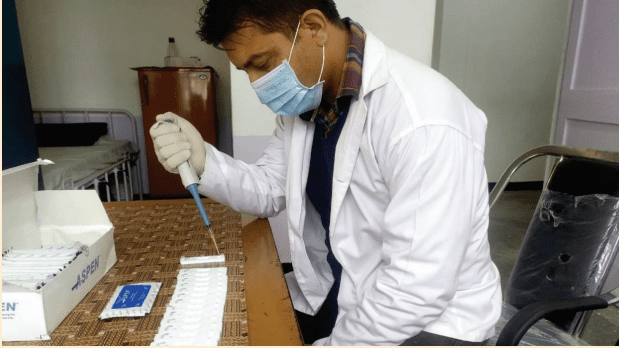
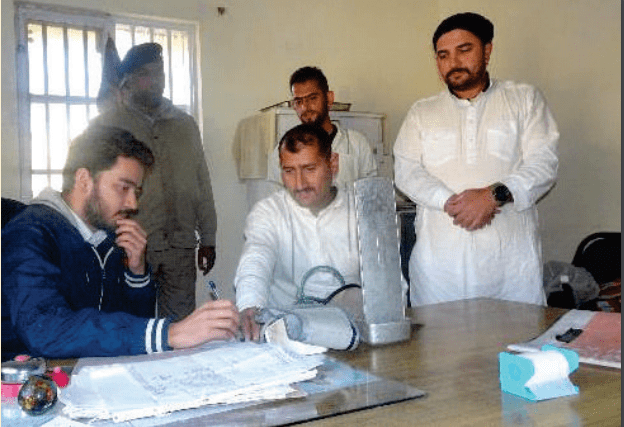
AUDIO LIBRARY
All of the Department’s prisons have extensive libraries. However, due to low literacy levels and a lack of time, the majority of prisoners do not read physical books at all. The Department has collaborated with the ‘Hindustan Prachar Sabha’ to create a new Audio Library for them, as well as to supplement the library’s resources.
“Short stories, biographies, bestselling novels, satirical writings, and even religious books like the Bhagwad Gita, among others, are being converted into audiobooks and made available in all prisons. These audio novels will be broadcast on Kaara Junction, the prison radio station, for an hour, every day,” Ms. Trivedi told Indian Masterminds.
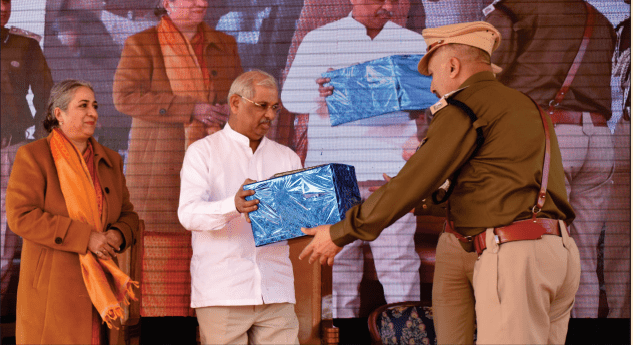
FINANCIAL LITERACY
On being released, prisoners’ main concern is how to earn a living while also saving and investing intelligently. Ms Trivedi has a solution for that too. “We have partnered with the RBI for them to develop a sense of financial prudence and manage their wages for the benefit of their families,” shared the officer.
This program teaches inmates how to manage their meagre finances, savings, and market risks. The campaign will also make inmates aware of safe, transparent, and simple banking schemes that offer low-interest loans, insurance plans, and pension creation. The department will operate this program not only for inmates but also for staff.
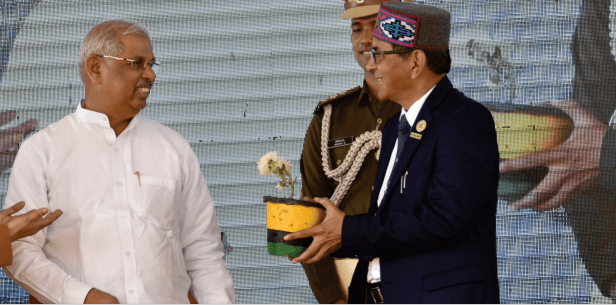
LITTERATEURS
The confines of the prison walls do not suppress the inmates’ inner talent. The poetry collection ‘Parvaaz’ attests to this claim. Dr. Dev Kanya Thakur, a well-known Himachal Pradesh writer and filmmaker, compiled and published Parvaaz, a collection of 130 poems written by 25 inmates. Mr. Amar Samir, a well-known artist, designed the book’s beautiful cover page.
“We are planning to collaborate with Mr. Samir and hold some painting workshops for the inmates, as well,” said Ms. Trivedi.
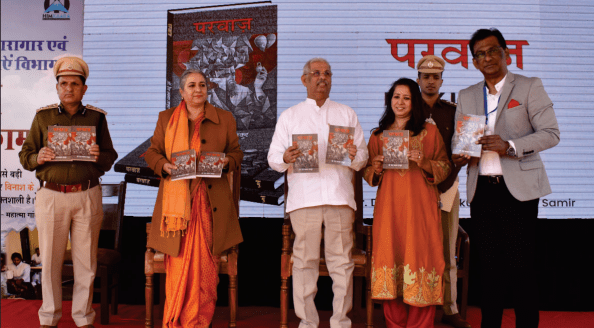
An IPS Officer of the 1996 batch, Ms. Satwant Atwal Trivedi, holds the distinction of being the first lady IPS in the state of Himachal Pradesh, as well as the first lady officer of the NIA and BSF. Ms. Trivedi has a long history of noteworthy service as a police officer in Himachal Pradesh and other prestigious police organisations. She has successfully launched India’s first Artificial Intelligence implementation in the Border Security Force. She holds a gold medal in Clinical Psychology and a Diploma in Investigation and Leadership from the FBI National Academy, Department of Justice in the United States.
She previously worked for the National Police Academy, taught there, oversaw the district police armed battalion at SP rank, and now leads the intelligence division of the Border Security Force in addition to serving as joint secretary of NATGRID. In 2012, she was awarded the renowned Police Medal for Meritorious Service. She has recently become Himachal’s first woman IPS officer to receive President’s Police Medal, on January 26th, 2023.


